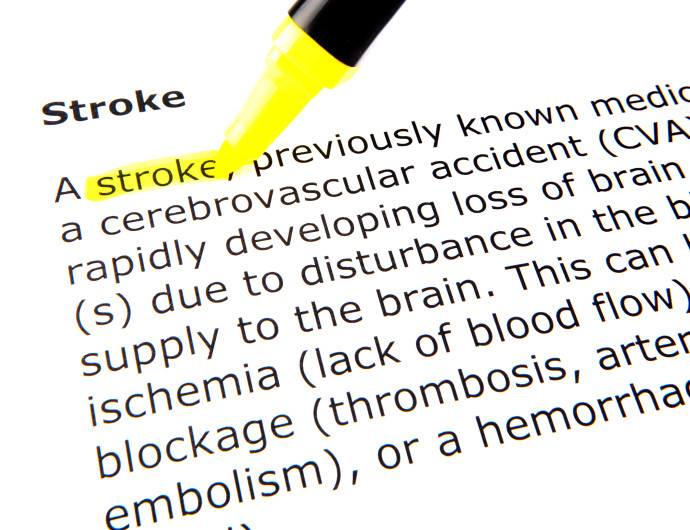A new and interesting study examines for the first time the immediate factors that affect the risk of stroke within one hour and its conclusions are important to all of us. The details are below.
A stroke is a serious and sudden medical event, and new research sheds particularly intriguing light on immediate factors that may affect the likelihood of it happening. According to the study findings, one in 11 strokes occurs within an hour after someone reacts strongly to something, like tragic news, with anger or sadness. Researchers found that intense physical exertion might also raise the chance of stroke. One in 20 people who have had a stroke engaged in strenuous exercise shortly before suffering from it.
The study, published in an edition of the European Heart Journal, which was edited at the National University of Ireland, was part of a large-scale research project called INTERSTROKE, which includes data on 13,462 severe stroke cases from 32 countries.
Stroke is one of the leading causes worldwide for disability and death. Most studies so far have focused on detecting long-term risk factors, such as obesity and sedentary lifestyle, while the present study chose to examine acute factors which can predict the likelihood of stroke or even trigger its occurrence.

"Stroke prevention is high on doctors' priorities, and despite advances in medicine, it’s still difficult to predict when a stroke will occur. Many studies have examined exposure to medium-term risk factors such as hypertension, obesity or smoking. Yet, our study sought to examine various acute and short-term problems that could trigger a stroke, said Professor Andrew Smyth, a leading Irish researcher and a lecturer in clinical epidemiology at NUI in a press release announcing the publication of the study's findings.
The researchers focused mainly on cases of ischemic stroke, which is the most common type of stroke. Ischemic stroke occurs when a blood clot blocks or narrows the blood vessels that supply blood to the brain. Researchers also examined some cases of stroke caused by cerebral hemorrhage, which is a less common type of stroke but is quite severe.
Smyth said that "we examined two different triggers. Our study found that anger or emotional upheaval leads to a 30% increase in the risk of stroke during the following hour and the risk is greater among patients without a history of diagnosed depression.
“Higher risk was also found for patients with a lower level of education,” Smyth explained.
He added that scientists saw that considerable physical exertion was associated with a 60% increase in the risk of stroke due to a cerebral hemorrhage (brain bleed) during the hour after physical exertion. Smyth added that the risk was greater for women, and smaller for anyone with a normal BMI. The researchers probed further and found that a combination of physical exertion and anger didn’t significantly increase the risk of stroke.

The difference between moderate physical effort to intense exercise
Researchers stressed that there’s a marked difference between a one-time physical effort such as carrying something heavy up a flight of stairs and exercising intensely on a regular basis.
"Our message to everyone is to stay physically and mentally healthy at any age. But for some people it may be advisable to try and avoid heavy physical exertion, especially if they have other cardiovascular risk factors, and at the same time adopt a healthy lifestyle that includes moderate exercise as a matter of routine,” said Dr. Michelle Canavan, Smyth's partner in this study who specializes in stroke treatment at University Hospital Galway.
Current research sheds light on the great impact that our mental state can have on physical health and medical consequences. Most people will experience situations of anger or frustration from time to time, and studies like this remind us that it’s crucial that we prioritize our mental health and efforts to stay calm.
